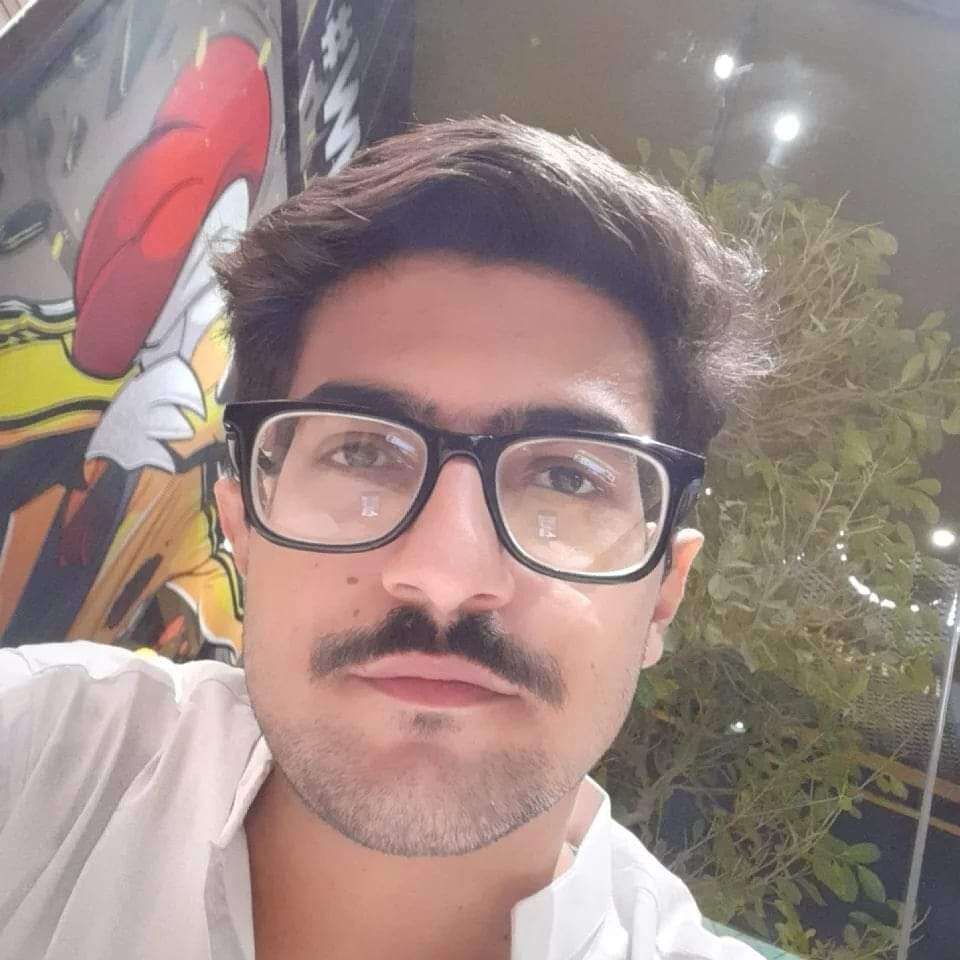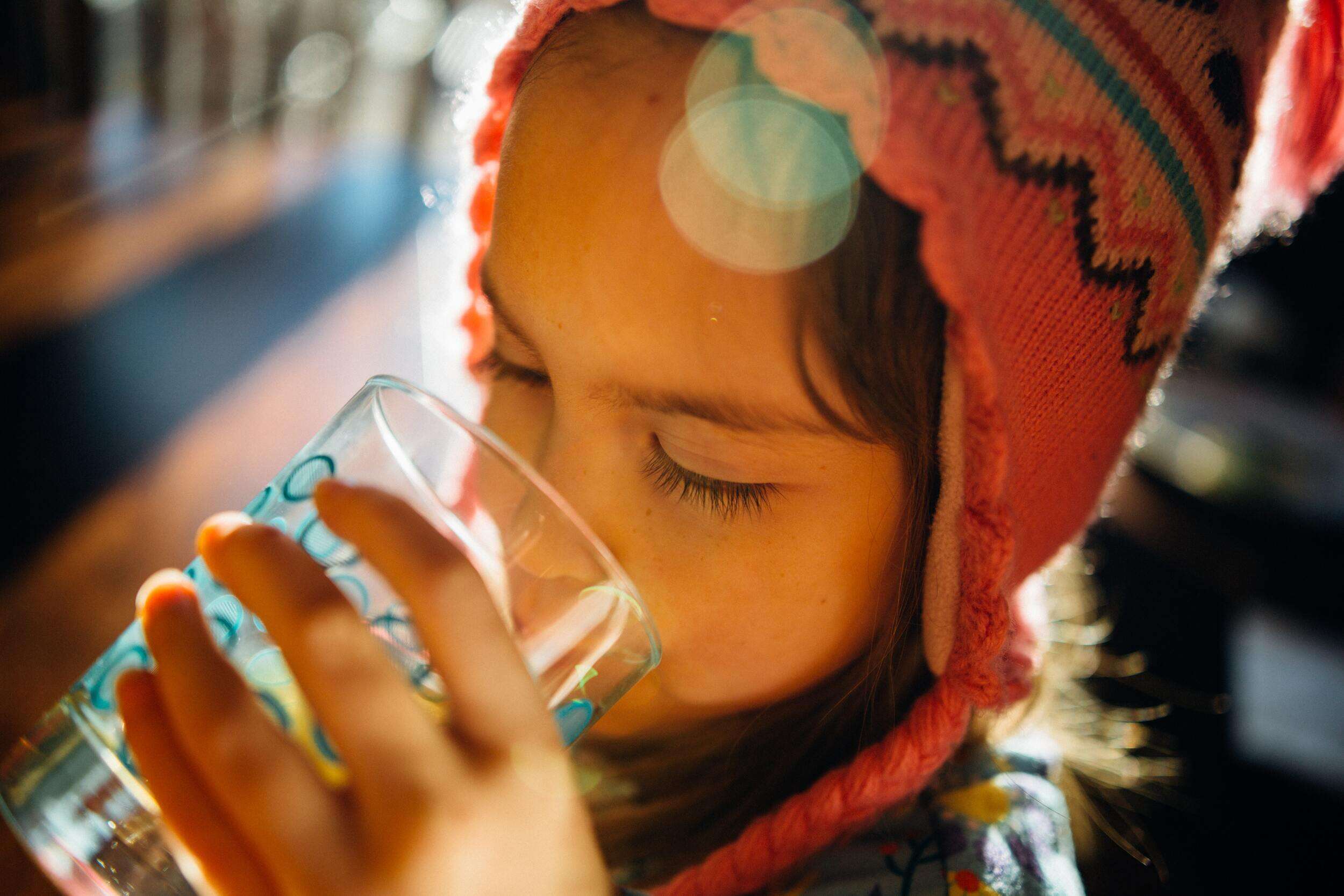The minorities in Pakistan have always been treated equally and provided freedom of speech. The Constitution of the Islamic Republic of Pakistan, equated in 1973, places great emphasis on the Rights of Minorities. Article 36 – states, ‘The State shall safeguard the legitimate rights and interests of minorities, including their due representation in the Federal and Provincial service.’ Separate reserved seats are allocated to minorities in provincial and national assemblies, and in order to accommodate their representation in the Public Service Commission Examinations, a separate quota framework is implemented. Besides the civil and political representation, Pakistan’s ideology and its national flag also reflect an equitable share and importance of minorities in the composition of the nation, which will mark 74 years of its existence on August 14, 2021. The founder of Pakistan, Mr. Muhammad Ali Jinnah also made it clear that the state will have no concern with the religion of the citizens of Pakistan. The minorities in Pakistan mainly encompass Hindus, Christians, and Sikhs. History also proves the fact that the most dominating ethnicity is of Hindus.

Rahul Bansari
Graduate from Prestigious University of London(LLB)
Working in a Top-notch Notch Law firm dealing in Contractual and Civil Matters. Also worked in International Organisations to Assisting them with Policymaking.
People belonging to one of the oldest civilizations are argued to be the most loyal individuals of our society, and the past has shreds of evidence to accompany the claim. At the time of partition in 1947, innumerable Hindu families remained in Sindh and Balochistan for their unquestionable endearment for the country. Pakistan is home to the world’s fourth-largest Hindu population. Hinduism, followed by 4% of a population of 200 million, constitutes the second largest religion in Pakistan after Islam. Unfortunately, Till the late ’90s, there were no proper laws available to safeguard the rights of minorities and the need was felt when several incidents related to forced marriages, child marriages, and forced conversion took place, which led to insecurity amongst the community. According to the Patron-in-chief of the Pakistan Hindu Council, Ramesh Kumar Vankwani, “It is the responsibility of the state to provide all sorts of protection to the country’s minority groups including Hindus from all sorts of atrocities meted out to them, and ensuring they enjoy the same rights as any other person in the country.”
Article 18 of the International Covenant on Civil and Political Rights (ICCPR) states, “Everyone shall have the right to freedom of thought, conscience, and religion. This right shall include freedom to have or to adopt a religion or belief of his choice, and freedom, either individually or in community with others and in public or private, to manifest his religion or belief in worship, observance, practice, and teaching. No-one shall be subject to coercion which would impair his freedom to have to adopt a religion or belief of his choice.” According to the estimates provided by The Aurat Foundation and the Movement for Solidarity and Peace (MSP), over 1000 women and girls from religious minorities are abducted, forcibly converted, and then married off to their abductors every year. Former vice-chairperson of the Human Rights Commission of Pakistan, Amarnath Motal, notes that 20 or more Hindu girls are abducted every month in Pakistan. Moreover, the volunteer group, responsible for equality and liberty, also estimates that between 20 to 25 Hindu girls are forcibly converted every month.
Pakistan has signed the International Covenant on Civil and Political Rights and ratified the Convention on the Elimination of Discrimination Against Women, of which Article 16 confirms the right of every woman to enter into marriage ‘only with their free and full consent.’ Pakistan has ratified the Child Rights Convention, of which Article 14 (1) states, “State parties need to respect the right of children to freedom of thought, conscience, and religion.”
It has been produced in the report provided by the University of Birmingham, which goes on to state that several members of Parliament (MPs) have worked within Pakistan to support action on forced conversion legislations. Raja Zafarul Haq (PML-N), Leader of the Senate, stated in November 2016, that there were no problems in the Sindh Criminal Law (Protection of Minorities) Bill passed by the Sindh Assembly, and the bill was greatly needed. The issued bill is said to be alongwith the teachings of Islam which is against the compelusion to convert anyone. Prime Minister Imran Khan spoke out against forcibly converting non-Muslims by force on October 22, 2017. Babar Nawaz Khan, chairman of the Standing Committee on Human Rights, supported Mr. Lal Chand is his attempts to get the National Assembly to adopt the Protection of Minorities Act, 2016. Similarly, Hina Pervaiz Butt has recently proposed an identical law before the Punjab Assembly. Further, Azra Fazal Pechucho, sister of former President Asif Ali Zardari, raised the issue in the National Assembly, calling for legislation to tackle the abduction and forced conversions of Hindus. Another important Pakistani politician who engaged in the matter would be Sherry Rehman, a well-known personality for her human rights work has shown a commitment to liberal values and women empowerment. She founded and headed the think tank Jinnah Institute, which promotes progressivism.
In addition to the support provided by several MPs and the Constitution of Pakistan, the need was still felt to propose legislation to cater to the problems faced by the minorities. The attempts were made to enact the Child Marriage Restraint Act, Sindh Criminal Law (Protection of Minorities) Bill, and Hindus Marriage Act, but both the bills failed to resolve issues because of undue political pressure and domination. The Hindus Marriage Act was brought to life; a landmark piece of legislation which mainly covers the matters related to Hindu marriages that seem to have produced some positive results. Prior to this Act, there was no proper registration for marriages, which led to injustices with women. Therefore, due to the lack of marriage evidence, they could not get legal status in the property and were also forced to marry within Hindus with age less than 18. However, on a broader aspect, this landmark legislation did not restrict the marriages happening with a non-Hindu. All in all, it did not provide any solution to forced conversions or early child marriages.
Moreover, the Child Marriage Restraint Act enacted in 2013, published in the official gazette in June 2014, enhanced the prohibitory age of a female to 18 years from the existing 16 years. Also, it increased the punishment for contracting a child marriage to a maximum of three years of rigorous imprisonment along with fine. The given law has made the offense, cognizable, non-compoundable, and non-bailable; and it is also noteworthy that the featured piece of legislation was not specified to any religion and applied to all citizens living in Pakistan. Children’s rights were one subject that the prior law caters to. While some religion law undermines the Child Marriage Restraint Act. Though according to Sherry Rehman, several Muslim countries, including Bangladesh, Egypt, Turkey, Morocco, Oman, and even UAE, have declared 18 an age to marry. UNICEF reported that early child marriages violate Article 2 of the UNHCR code of conduct, and it affects both girls and boys, but it affects girls disproportionately, especially in South Asia.
Furthermore, the prominent piece of legislation which was solely drafted to address the problems of forced conversions – was Sindh Criminal Law (Protection of Minorities), Bill. The bill was unanimously passed by Sindh Assembly in November 2016. HRCP and Hindu American Foundation argued that this law was well designed and tackled many of the issues related to forced marriages as it attempts to mandate specific instruments of implementation as well as laying legal guidelines. Unfortunately, this bill never reached its conclusions and remains a mystery.

